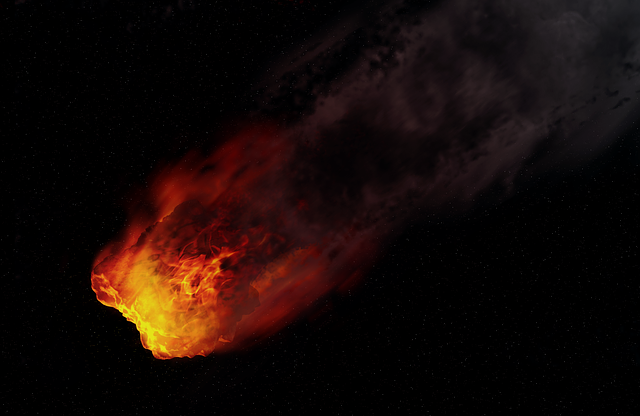
It was around 30 years back that a meteor, now known as 'Acfer 086' hit Algeria. Now, a team of experts who re-examined this meteor has discovered traces of hemolithin protein in this space rock. It should be noted that the hemolithin protein contains iron and lithium, and it has made many space experts believe that the building blocks of life could be present in the deepness of space.
Meteors sowed seeds of life on earth
Space experts argue that meteorites containing hemolithin protein might have played a crucial role in sowing seeds of life on habitable planets like earth. Interestingly, hemolithin contains amino acid glycine with caps of iron, lithium and oxygen at its ends. Even though these elements are quite abundant in the earth, this is for the first time that such a rare configuration is being discovered.
However, scientists made it clear that the discovery of this alien protein is not concrete evidence of extraterrestrial life thriving in deep space, but this could be an indication that several areas in the solar system contain building blocks to create living creatures.
Julie McGeoch of the PLEX Corporation who led the study revealed that this protein is a good candidate molecule to split water. She added that it could, ''represent a first energy source to chemistry, going on to biochemistry on the surface of planets like Earth in terms of their mass and distance from their sun."
History of Acfer 086
Scientists who took part in this study believe that this meteorite and the protein in it might have most probably an otherworldly origin. Experts suggest that this meteor might have formed almost 4.6 billion years ago.
However, scientists also suggested that there is no conclusive evidence that this newly discovered molecule is not a protein, and they made it clear that more tests should be carried out to affirm this theory.









